

Home > Insights > Leadership
Twice a year, CSA Research asks its LSP CEO Council members a focused and timely question. Their responses provide strategic insight into how language industry leaders assess performance, navigate challenges, and adjust priorities in a changing market.

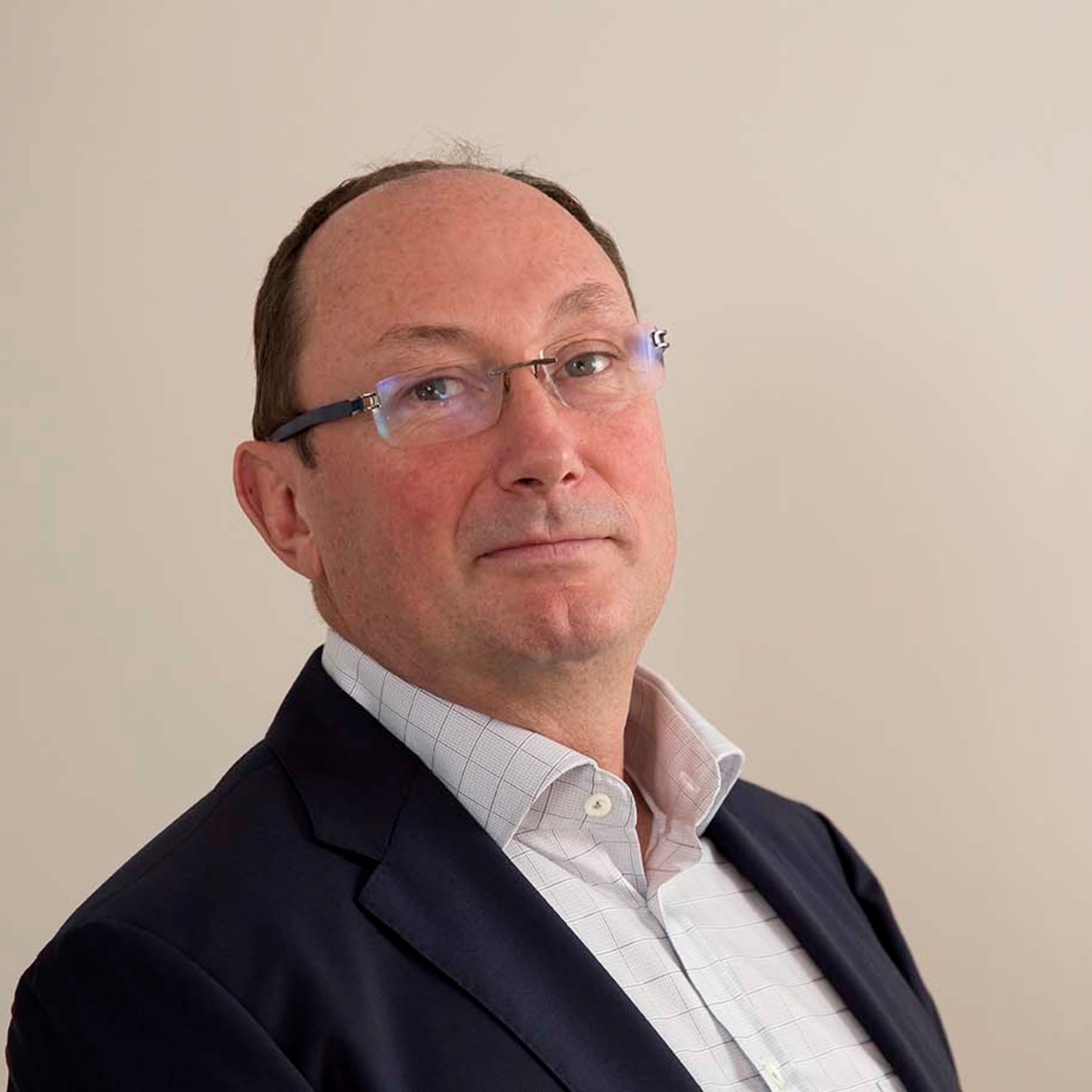
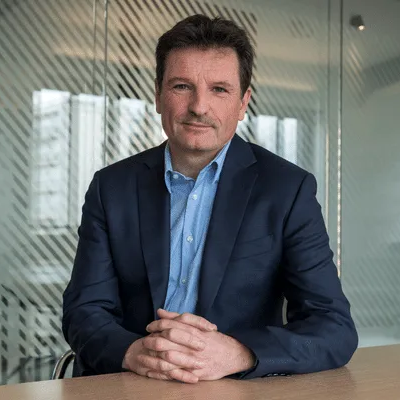

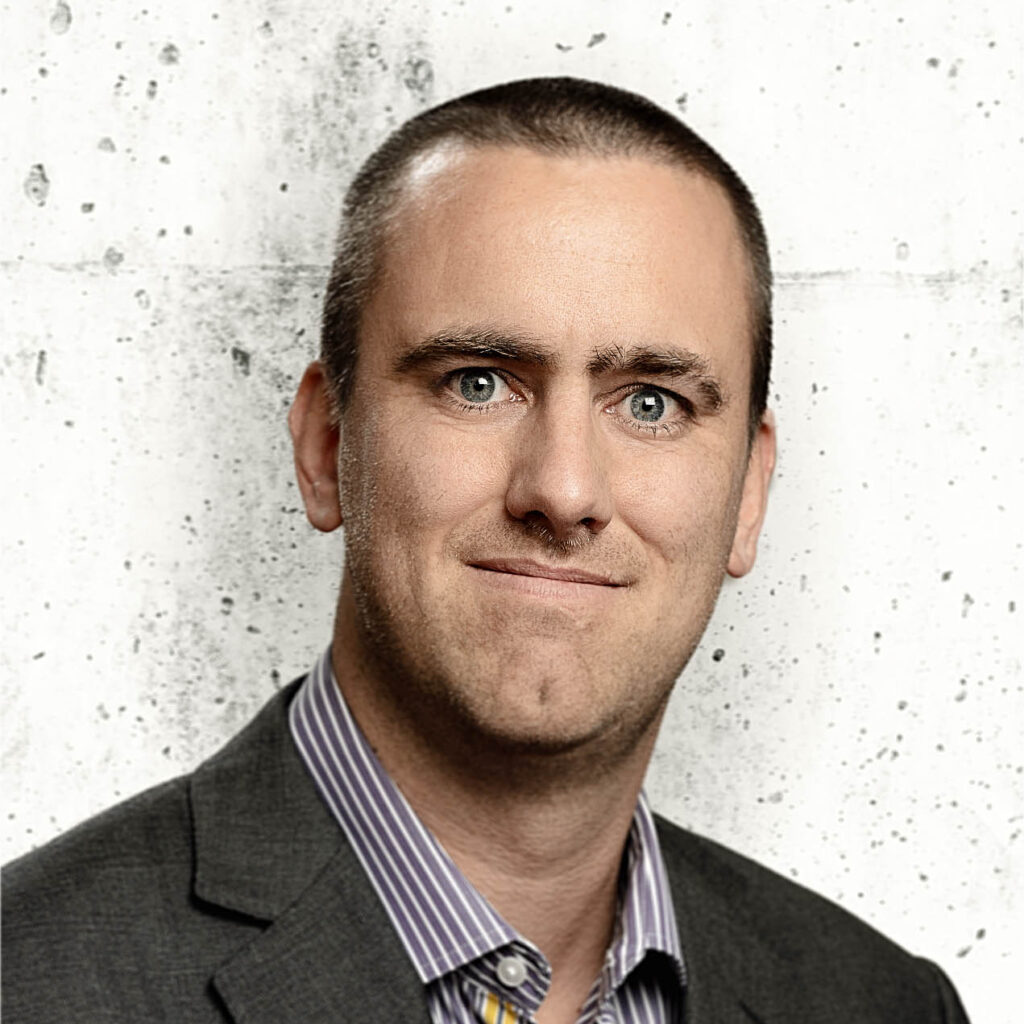
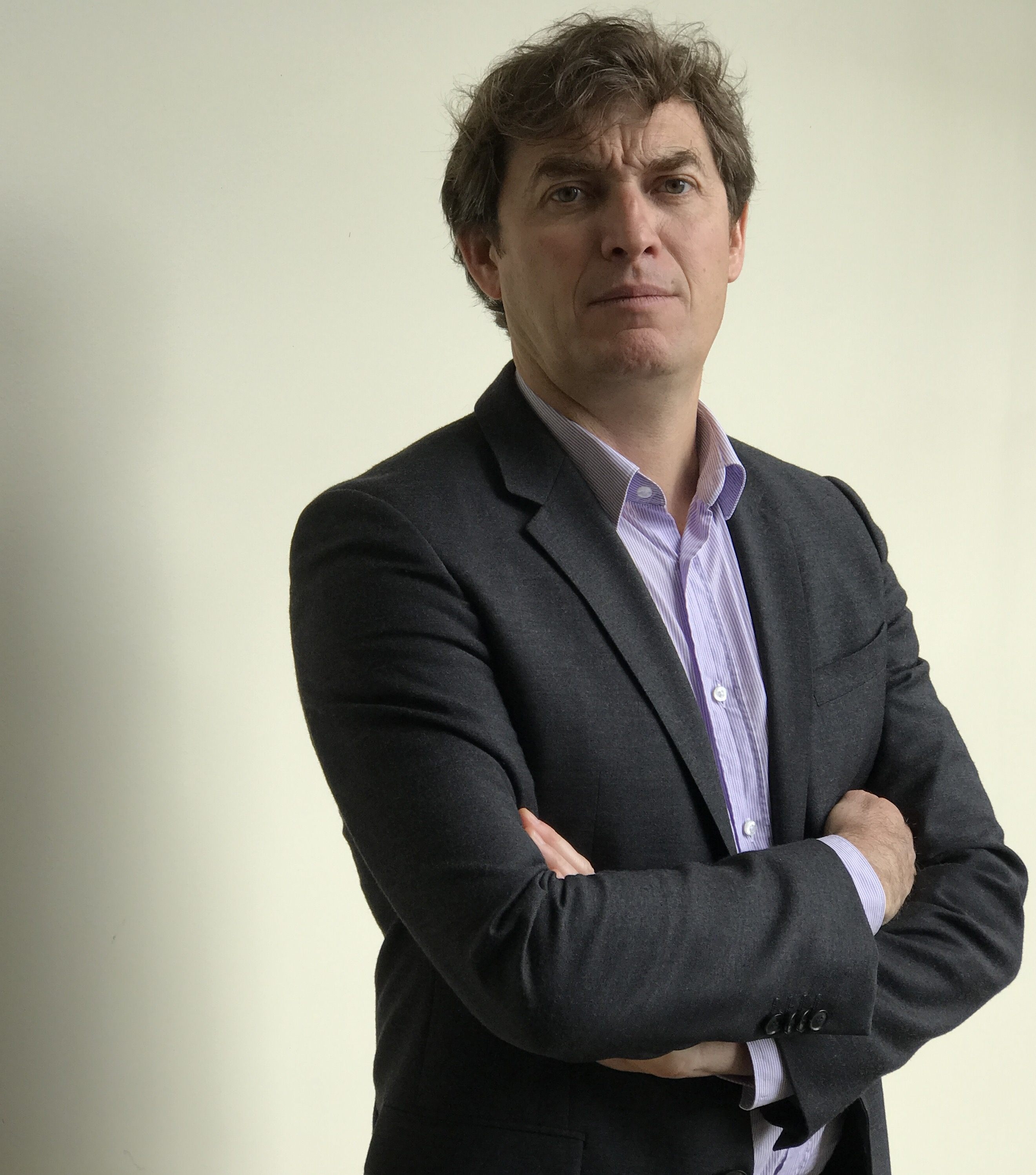


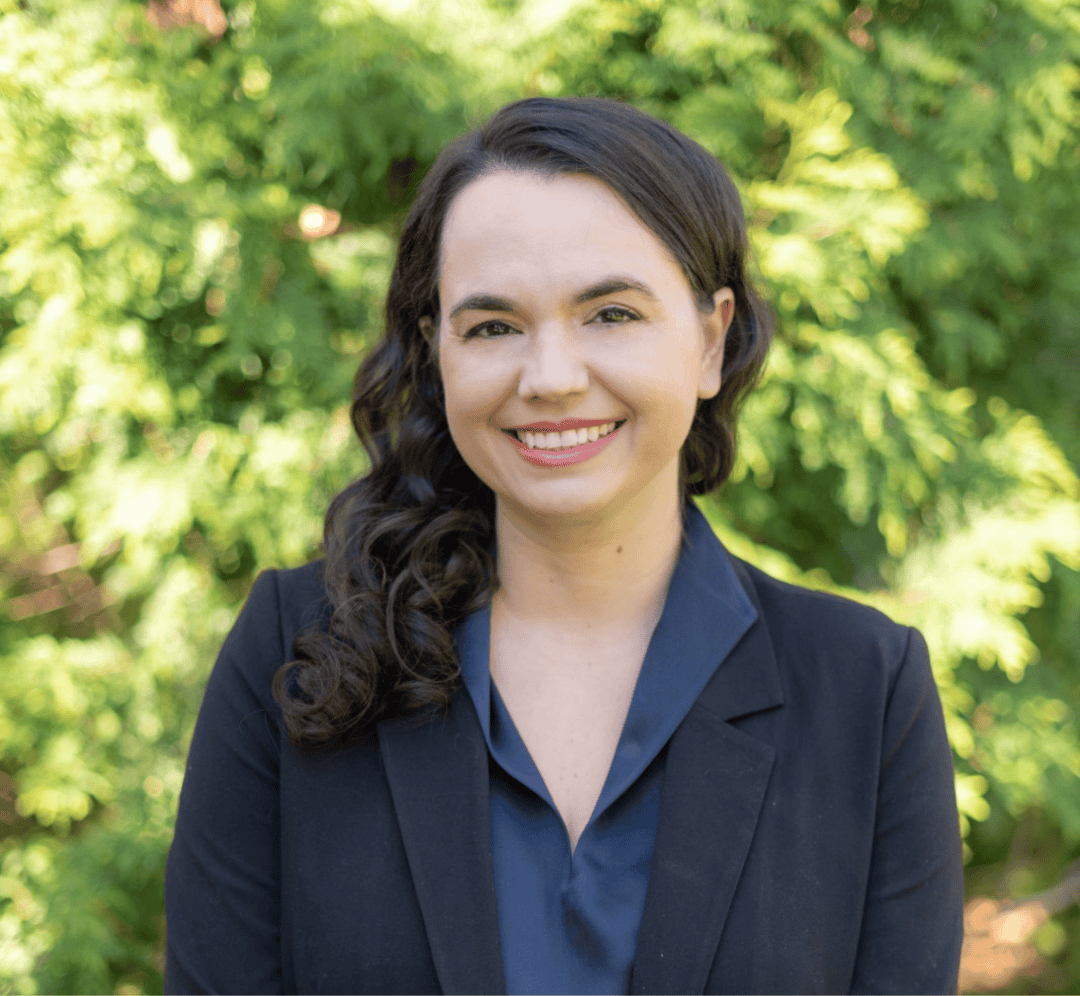

Subscribe to our newsletter for the insights that matter.